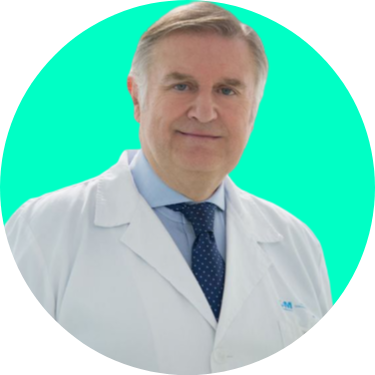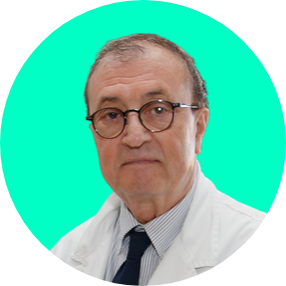Pancreatic Surgery in Spain
If you must undergo surgery of this magnitude, you should put yourself in the hands of an expert doctor who can guide you and advise you on the different options for this surgery. Today, pancreatic surgery is capable of removing the entire tumor from the body.
There are various other techniques available, depending on the location of the tumour. We advise you to request a free medical evaluation from the doctor and we will look for the best option thanks to the expert medical committee who will evaluate your case.
Can we help you?
In a few moments, one of our specialists will contact you.







